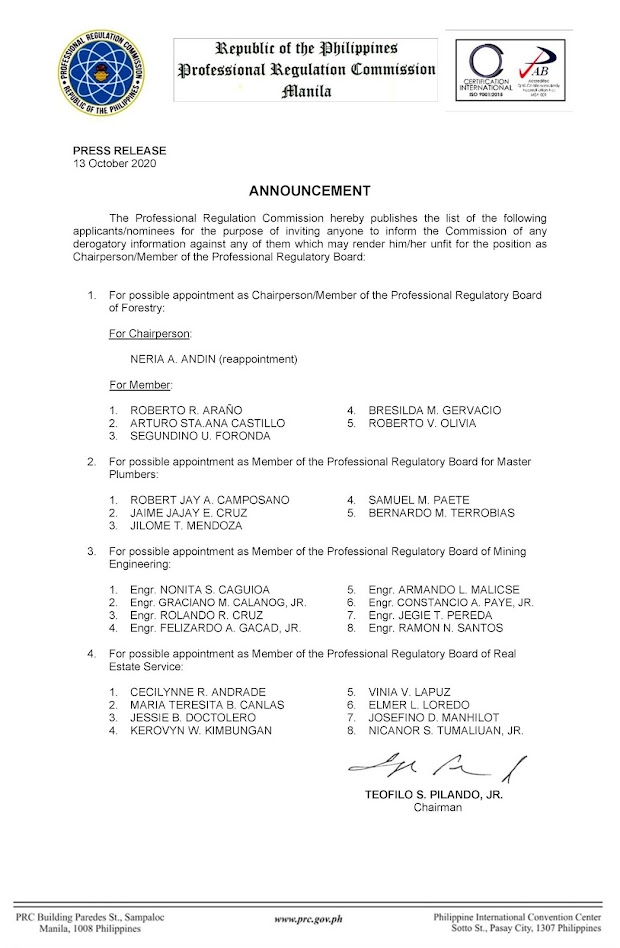October 27, 2020 | 12:05 am [ bworldonline.com ]
LEAN S. DAVAL JR
By Denise A. Valdez, Senior Reporter
NO NEW OFFICE space will be added to Davao City’s supply for at least three years, property consultancy firm JLL Philippines said.
In a recent briefing on its Davao real estate market overview, JLL Philippines said there is a projected gap in new office supply until 2024, giving property developers an opportunity by expediting ongoing projects.
“Beyond 2020, there’s an absence of supply for the next three years. Most of the office developments that we’ve seen are estimated to complete post-2023. That’s around 155,000 square meters of office projects in total, and that’s certainly going to create a bit of dearth,” JLL Philippines Head of Research Janlo de los Reyes said.
“It’s going to leave a limited amount of available office space in the market for the next three years. That will mean even though there’s a higher vacancy at this current time, we expect that the market will recover by next year,” he added.
The vacancy rate for office leasing in Davao stood at 22.2% as of the third quarter. “(This is) reflective of the softening of office demand, which has characterized the leasing market across all geographies in the Philippines in the last few quarters,” Mr. De los Reyes said.
He noted the coronavirus pandemic, which affected operations for all types of businesses, pushed companies to reassess entry and expansion plans.
While these plans may remain on the back burner until the end of the year, Mr. De los Reyes said demand may start picking up by 2021 on improving economic conditions.
“Even though it’s a gradual recovery, definitely a lot of this (vacant) space is being absorbed by the occupiers as demand confidence resurges in the next couple of years. And that’s going to put a lot of pressure in terms of supply,” he said.
The supply gap in the near term may also push some developers to tighten construction schedules, hoping to capture firms looking to locate in Davao.
“That sends an opportunity to some developers to maybe reevaluate their completion dates and project plans to take advantage of that recovery of the demand, and at the same time, the lack of competition that we’re going to face within the next three years,” Mr. De los Reyes said.
The Davao office market primarily grew because of offshoring and outsourcing locators in 2010, but it has diversified in recent years. Traditional businesses and flexible workspaces have taken a larger share of the market starting 2016.
“That’s a good thing because now you have a more diversified profile of demand drivers for the city… This trend is something that we can expect in Davao City for the next couple of years,” Mr. De los Reyes said.
Aside from the coronavirus pandemic, he said the eruption of Taal Volcano in January pushed businesses to start looking at alternative locations and more satellite offices outside Metro Manila.
“Definitely there’s a lot of opportunities that are still remaining in Davao. (Its pipeline of) infrastructure development,… coupled by the lack of office development in the next couple of years, presents an opportunity for a lot of players,” Mr. De los Reyes said.
_______________________________________________














